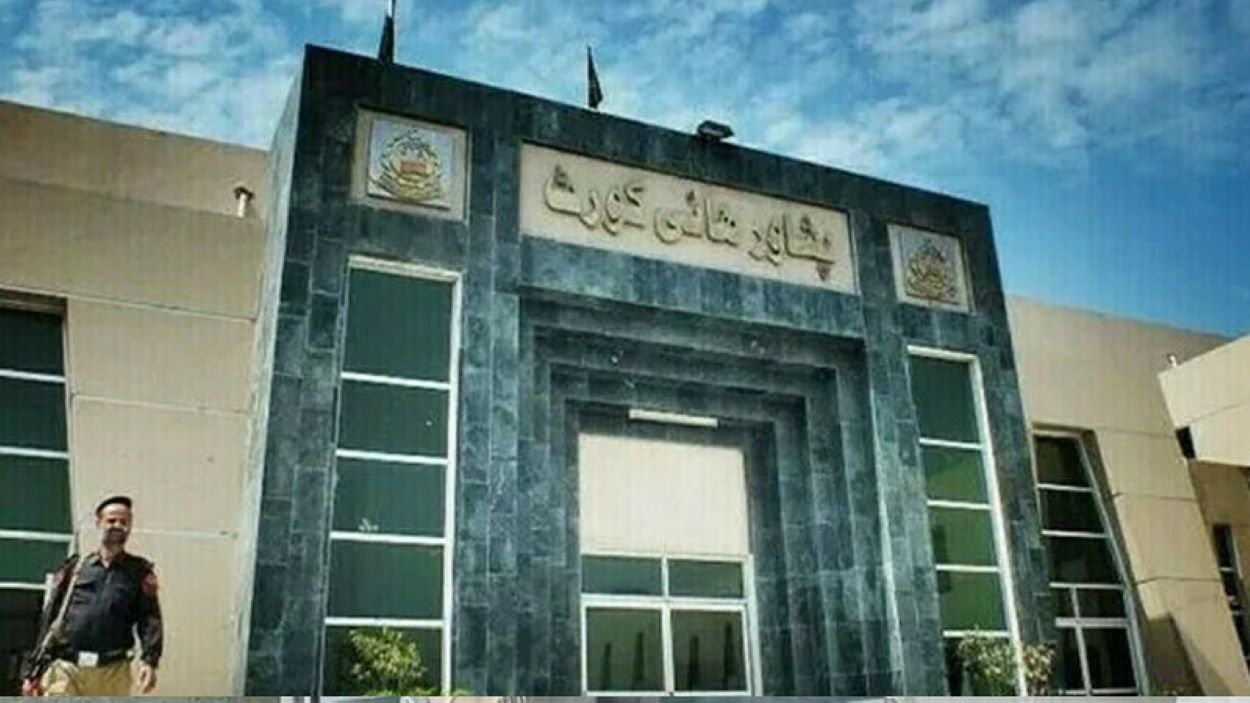The Peshawar High Court recently dismissed a petition by the Sunni Ittehad Council (SIC) that challenged the Election Commission of Pakistan’s (ECP) decision not to allocate reserved seats for women and minorities. The ECP had earlier determined that the SIC was ineligible for reserved seats due to legal shortcomings and procedural non-compliance. The SIC’s appeal, supported by PTI-backed independents, aimed for court orders directing the ECP to allocate these seats based on assembly representation.
The ECP’s decision also favoured other parties, notably the PML-N and the PPP, prompting the PTI to declare the move unconstitutional. A PHC bench imposed a temporary prohibition on the swearing-in of certain lawmakers, which also presented the ECP with critical questions for clarification. Following extensive arguments by legal representatives for the ECP, PPP, and the SIC, the court awaited a final verdict.
In the hearings, SIC counsel argued for the council’s right to reserve seats based on their assembly presence despite not contesting elections directly. The court debated the SIC’s claims and the precise jurisdiction and definitions of political parties and electoral participation. The distinction between parliamentary and political parties was a focal point, emphasizing political entities’ broader rights and roles within the electoral framework.






